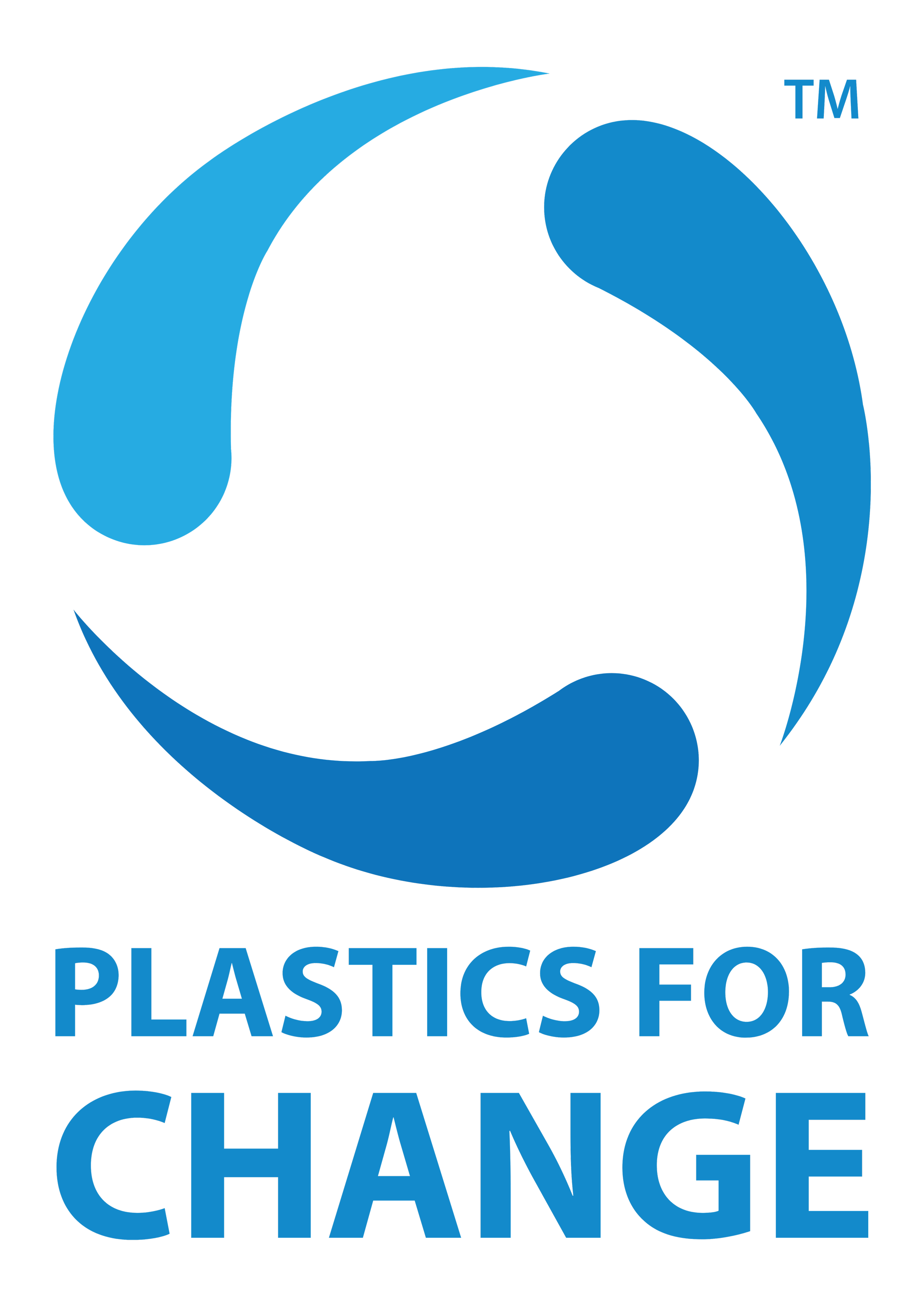Harsh Realities of Informal Waste Workers in Maharashtra, India
(Source Credits: India Today)
In the bustling cities of Maharashtra, an invisible workforce of informal waste workers toils relentlessly to manage the staggering 26,000 metric tons of solid waste generated daily across the state (Source: Maharashtra Pollution Control Board). These unsung heroes, predominantly from marginalised communities, play a crucial role in maintaining urban sanitation yet remain largely unrecognised and undervalued. The recent report “Social Context Assessment of the Plastic Waste Sector” sheds light on the multifaceted challenges faced by the marginalised communities in the waste sector.
Demographic Marginalisation and Social Exclusion:
The informal waste economy in Maharashtra is dominated by individuals from historically marginalised communities, such as Scheduled Castes (16.6% of the state’s population) and Scheduled Tribes (9.4%). This demographic faces deep-rooted social stigma and discrimination, leading to the intergenerational persistence of waste work. Mainstream society seldom recognizes their integral contribution, fostering feelings of alienation and isolation among an estimated 100,000 informal waste workers in the state.
Gender Disparities and Unique Challenges for Women:
Women constitute nearly 30% of the informal waste workforce in Maharashtra, yet they face unique hurdles. Many female workers start their day as early as 4 AM to avoid interactions with the public and male colleagues, and they must strike a delicate balance between their waste work and household and childcare duties. Moreover, a stark gender wage gap persists, with male workers earning INR 600-800 per day for segregating plastic, while their female counterparts earn only INR 500-600 for the same work.
Women waste workers frequently face domestic violence, with an estimated 50% experiencing abuse from their partners. They lack formal support systems to cope with these challenges. As a coping mechanism, many have organised themselves into support groups, fostering a sense of community and collective resilience.
Economic Deprivation and Limited Access to Resources:
(Sourcing Credits: Urban Design Lab)
Poverty and financial constraints are prevalent among informal waste workers, with an estimated 80% living below the poverty line. Access to identification documents, financial services, education, healthcare, water, electricity, sanitation, formal housing, and safety gear is severely limited. Notably, only 21% of surveyed waste workers had access to the government’s Jan Dhan Yojana financial inclusion scheme.
Hazardous Working Conditions and Health Risks:
Both formal and informal waste workers often operate in unsafe conditions without adequate safety gear, exposing them to various health hazards. According to a study by the Indian Institute of Technology Bombay, informal waste workers have a higher prevalence of respiratory problems (24%), skin problems (19%), and jaundice (12%) compared to control groups. These workers also face an increased risk of contracting diseases like hepatitis B and C, HIV/AIDS, and tuberculosis due to constant exposure to hazardous waste.
Child Labour and Disrupted Education:
The harsh reality of economic deprivation forces many children from waste worker families to abandon their education and contribute to the family’s income through labour. The report reveals that up to 23% of children under 14 years old from these households do not attend school due to financial constraints. Furthermore, some children turn to substance abuse as a means of coping with the harsh working conditions and economic hardship, with an estimated 10-15% of children in some urban slums addicted to inhalants like typewriter correcting fluid.
The Social Context Assessment of the Plastic Waste Sector, Maharashtra paints a sobering picture of the challenges faced by informal waste workers in the state. These challenges are multifaceted, encompassing issues of social marginalisation, economic deprivation, hazardous working conditions, gender inequalities, and limited access to resources and support systems. Addressing these issues requires a comprehensive and targeted approach, involving collaboration between government agencies, non-governmental organisations, and the larger society.
We cannot turn a blind eye to the plight of these invisible workers, whose invaluable contributions keep our cities clean and our environment sustainable. It is time to recognize their rights, improve their working conditions, and provide them with the support they deserve.
And there is hope.
Plastics For Change is committed to empowering waste pickers and building a more inclusive waste management system. We:
Advocate for fair wages and safe working conditions.
Support women waste pickers through our entrepreneurship programs.
Provide training and support to improve efficiency and safety.
Promote ethical sourcing of recycled plastic, ensuring waste pickers benefit directly.
Join us in creating a fairer future for waste pickers!


